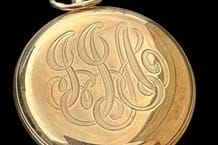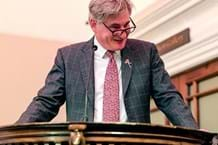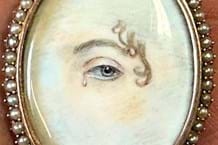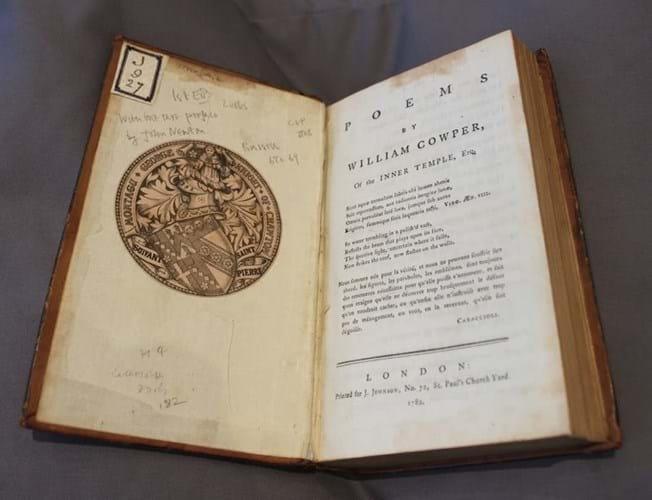
The Elizabethan manor house in Hampshire is now a visitor attraction. It has acquired this two-volume copy published in 1782 that was very likely to have been read by Austen.
She was given a home at Chawton Cottage, in the grounds of Chawton House, with her mother and sister in 1809, by her brother Edward Austen Knight. He took the name Knight and inherited the estates of Chawton and Godmersham Park (in Kent).
This copy of Poems was in the Godmersham Library at a time when Jane visited.
Austen visited her brother at Godmersham Park on six occasions over a 15-year period, from 1798 to 1813, staying there for a total of about 10 months. She regularly used the library, her favourite room.
These two books are known as the Chawton copies because the libraires at Godmersham and Chawton were later merged, hence the Chawton bookplate of Austen's great-nephew Montagu George Knight.
The book was purchased from dealer Bernard Quaritch and had been offered for sale for £8000.
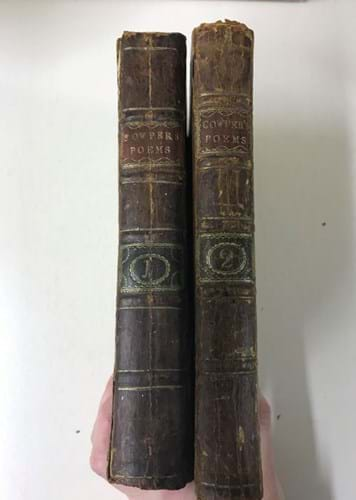
Two volumes of Cowper’s poems acquired by Chawton House: Volume I Poems of William Cowper and Volume II The Task, A Poem. Image credit: Chawton House.
Help with funding came from the Friends of the National Libraries (FNL) and the Godmersham Lost Sheep Society.
Stephen Clarke, FNL trustee, said: “This first edition of the two volumes of Cowper’s poems, bearing the Knight family shelfmark and the later bookplate of [Jane’s great-nephew] Montagu George Knight, is perhaps one of the most important books originally in Edward’s library at Godmersham Park to have been separated from the rest of that library, now held at Chawton House.”
Prof Peter Sabor, founder of the Lost Sheep Society, said: “We are constantly on the lookout for books bearing one of the several Knight family bookplates that have been scattered far and wide over the years. The Holy Grail in these endeavours had been Poems, long out of our reach.”


